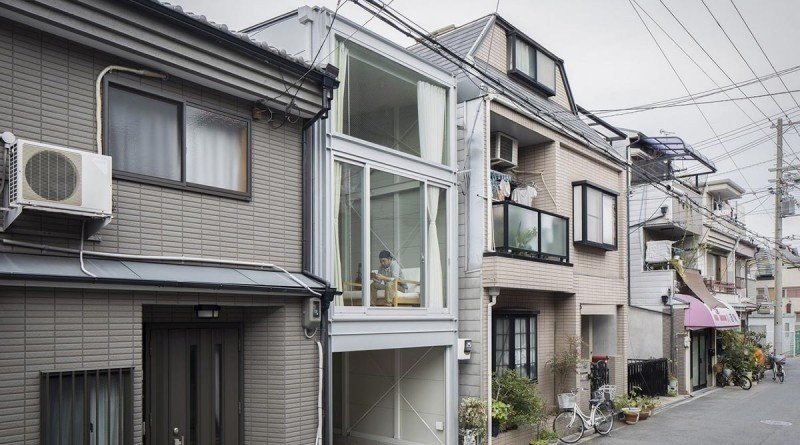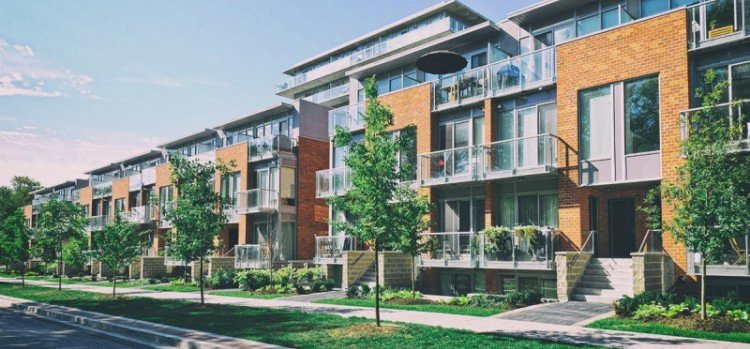Home is a very important place, and there are different ways to say home in Japanese. There are words to refer to one's own home, the home of others, home and family.
To refer to someone's house or home, we use the expression jitaku [自宅] which is also often used in compound words such as studying at home, drinking at home and others.
Another way of saying house in Japanese is a simple “ie” [家] which also refers to your residence or family. Another ideogram referring to home and related words is [宅] which even gave rise to the famous term Otaku.
We also recommend reading: Otaku – Does it really mean Anime junkies?
Índice de Conteúdo
Ways to say House in Japanese
Below we will leave a list of words about house in Japanese, including how to say apartments, mansions, shacks and other types of housing.
In Japanese, there are several different ways of referring to house, depending on context and intent. Here are some of the most common ways to say “house” in Japanese, with explanations:
- 家 (ie) - "house" in a general sense, used to refer to any type of residence
- 家屋 (ieoku) - "house" in a general sense, used to refer to any type of residence
- 住宅 (jūtaku) - "house" in a general sense, used to refer to any type of residence
- 空き家 (akiie) - "empty house" or "abandoned house"
- 新築家 (shinchikuie) - "new house" or "newly built house"
- 別荘 (bessō) - "summer house" or "country house"
The word アパート (apāto) is very common to refer to an apartment. It is a word borrowed from the English “apartment”.
Read also: What's in a traditional Japanese home?
There are other words that can be used to refer to houses, homes and apartments in Japanese. Here are some options:
- 家庭 (katoku) – family (can also be used to refer to the home or house where the family lives)
- 家族 (kazoku) – family (can also be used to refer to the home or house where the family lives)
- 家賃 (yachin) - rent (used to refer to renting a house or apartment)
- 住居 (jūkyo) – residence (used to refer to any type of place where someone lives, such as a house, apartment, or dormitory)
- マンション (manshon) - apartment building
- 家屋 (ieoku) – house (can also be used to refer to any type of residence, such as a home or apartment)
- 住宅 (jūtaku) – house (can also be used to refer to any type of residence, such as a home or apartment)
- 住む (sumu) - to live
- 居住 (kyojū) - to live
- 在宅 (zaitaku) - to be at home
In addition to these words, it is common to use the personal pronouns "私の (watashi no)" or "僕の (boku no)" to refer to "my house". For example:
- 私の (watashi no) 家 (ie) - my home
- 私の (watashi no) 家屋 (ieoku) - my home
- 僕の (boku no) 住宅 (jūtaku) - my house

What does Danchi mean in Japanese?
Danchi (団地) means "housing estate". Danchi are clusters of residential buildings that are built by the government or private companies to meet the demand for affordable housing.
Danchi are very common in Japan and can be found in many regions of the country. They are usually composed of apartment buildings or terraced houses, and can be divided into several types, such as housing developments for families, housing developments for university students or housing developments for the elderly.
Some danchi may also have community facilities such as parks, swimming pools or sports courts.
We also recommend reading: Apartment in Japan - Is it small or practical?

Example sentences using House in Japanese
Below are some example sentences using words for home in Japanese:
Our house is in the center of Osaka city.
私たちの 家 は大阪市の中心部にあります。 (Watashi-tachi no ie wa Ōsaka-shi no chūshinbu ni arimasu.
Her house is very big and clean.
彼女の 家屋 はとても広くてきれいです。 Kanojo no ieoku wa totemo hirokute kireidesu.
We bought a new house.
私たちは 新築家 を買いました。 Watashi-tachi wa shinchikuie o kaimashita.
They have a summer house.
彼らは 別荘 を持っています。 Karera wa bessō o motte imasu.
I live in a housing project.
私は 団地 に住んでいます。 Watashi wa danchi ni sunde imasu.





